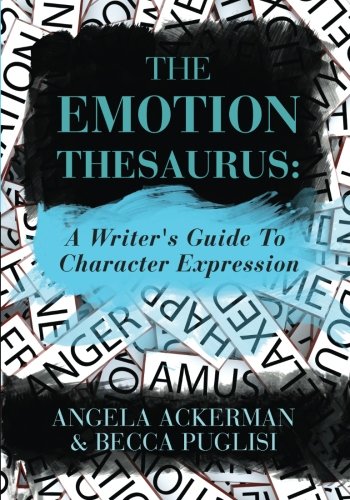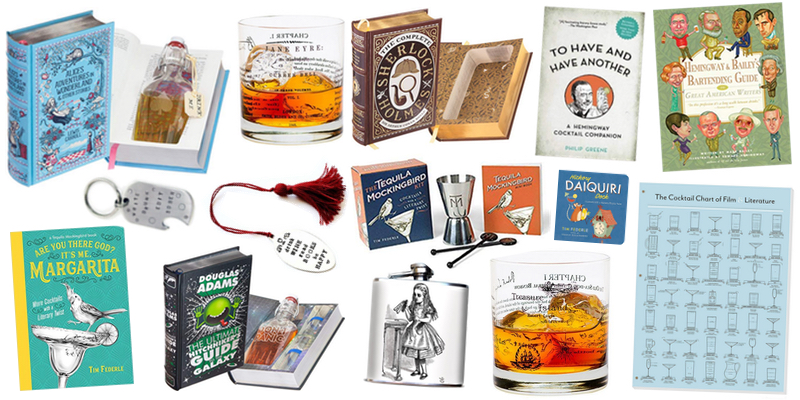Name: Robin Epley
Age: 26
College & Majors/Minors: California State University, Chico: B.A. in English Literature, B.A in Journalism, News/Editorial Option, Minor in History
Current Location: Sacramento, CA
Current Form of Employment: Magazine Section Editor
Where do you work and what is your current position?
I currently work for Comstock's magazine in Sacramento, CA. It's a monthly regional business magazine that covers 10 counties in and around Sacramento. I am the Special Sections Editor, which means I conceive, pitch, write and/or assign 3-5 stories every month that have to do with a special topic — last month we covered a specific county, next month we're solely covering architecture, so it varies a lot.
Some people would call this "advertorial" journalism, in that we sell ads against the stories in this section and also I work with the Sales team here to come up with the best topic for that month. But the stories are 99% my ideas and my or my writers' execution. I also am a feature writer, which means that often, I'll write one of the 4-5 feature stories for the magazine. My first feature for Comstock's ended up being the July cover story! Additionally, my work as an editor means I'm reading articles for most of my day and copyediting them, which can span anywhere from a 500-word blog to a 5,000-word feature article. I can often be found with a red pen in hand, and I hoard them from my coworkers!
My first day at Comstock's! :)
Tell us about how you found your first job, and how you found your current job (if different).
My first writing gig was as a weekend reporter at my college town's daily paper. Obviously, the regular reporters don't want to work on Saturdays and Sundays, so they would hire a journalism student from the college to fill in those days. I worked at that job for the last 2.5 years of college, every single weekend. I'd usually have a photographer with me and would cover 4-5 local stories. Sometimes it was just re-writing press releases, but I often did on-the-spot news reporting and covered emergencies. I actually saw 2 dead bodies at that job (at separate times) and got shot at for driving too close to someone's pot farm up in the boonies of Oroville. (Technically they were shooting into the air to warn me/other reporters and responders away... but still!)
What was another writing-related job that was important in your career?
I'd have to say my freelance writing has always been really important to me and my career. I moved to Boston after college for a few years and really struggled with the freelance life. I ended up taking a lot of retail and waitressing gigs just to pay the bills. But I have always wanted to be a writer and editor and I knew I'd make it happen someday. When I moved back to Sacramento a year and a half ago, (where I'm from, originally) I got hooked up with some local journalists who really made an effort to make sure I had connections and opportunities, and I will always be grateful for their help. I got my current job at Comstock's because one of those journalists set me up freelancing there, before I ever even considered applying for an editor position. It was the freelancing that I think got me the job, because they knew my work and what I was capable of. I still freelance for various sites, including a tech-in-government site and Bustle.com.
““It was the freelancing that I think got me the job, because they knew my work and what I was capable of.””
This very green photo was taken by the newspaper photographer while I was on an assignment at a soup kitchen in college. I was probably 20 years old?
What did you do in college to prepare for your post-grad life?
Just write. Write so, so much. Even if it's horrible awful stuff that you'd never show to anyone, even if it's a poem about how your big toe hurts today, write write write. My favorite song from Hamilton is "Non-Stop" for those few lines that go: "How do you write like tomorrow won't arrive, how do you write like you need it to survive, how do you write every second you're alive?" I feel like that's what writing should be like. You should need to burn with the need to write if you're going to make it as a writer today. I write journalism but I'm also a storyteller and an author and constantly running social media projects on the side. The more you write, the better you will become, and the better you are in college, the more opportunities you'll have after. Also, and I can't say this strongly enough, hook yourself up with some people who are already in the industry. Who you know just as important as what you know.
By the way, lest you think, "Oh, she has a journalism degree and is a journalist, what's she talking about her English degree for?" I have to tell you that I use my English degree every single day. English taught me how to tell stories. It taught me how to recognize good writers and good writing. It taught me what to look for when I feel something is missing from my writers' stories and most of all, it taught me how to sharply hone my skills in grammar and the technicalities of style — I use those skills every day as a journalist.
What is your advice for students and graduates with an English degree?
Someone once told me that if I could see myself as happy doing anything else, I should go do that instead. It seemed really harsh but I get what they mean now: Being a writer (and by extension here, a journalist) is HARD. People will laugh at your degree, they will tell you what you are doing is useless, they will try to trip you up and stop you from doing what you love. Instead of letting them stop you, let that disdain fuel you. Let it be the fire underneath you to prove them wrong. I don't care if it takes you 20 years after college to become a successful writer, because I know how hard it is and how hard you must have worked to finally achieve your goals. Anyone else who cares to call themselves a writer will understand too. And trust me, when you buy your first set of business cards with your name and "Writer" underneath it, it's worth everything. <3


















































































